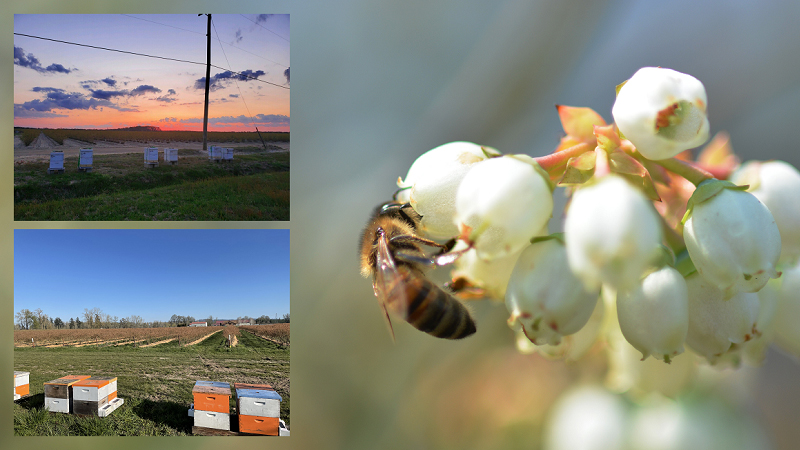FDA Releases FSMA Produce Safety Rule
FDA released today the Produce Safety Rule component of the Food Safety Modernization Act. The Produce Safety Rule establishes science-based standards for growing, harvesting, packing, and holding produce that are designed to work effectively for food safety across the wide diversity of produce farms.
FDA also released the Foreign Supplier Verification Programs (FSVP) rule and the Accredited Third-Party Certification rule. These new rules build on the preventive controls rules FDA finalized in September, which mandate modern preventive practices in food processing and storage facilities.
The new rules released today are the Produce Safety rule, the Foreign Supplier Verification Programs (FSVP) rule, and the Accredited Third-Party Certification rule.
Economic Impact
FDA also released the Final Environmental Impact Statement (EIS) for the produce safety rule Standards for Growing, Harvesting, Packing, and Holding Produce for Human Consumption.
The EIS places the produce safety rule in the context of its likely impact on the environment, including human health and socioeconomic effects. It focuses on four areas in the rule that could significantly affect the environment: the scope of the rule, water quality standards, the use of raw manure and compost, and provisions affecting domesticated and wild animals, and considers the combined impacts of all the provisions that comprise the rule.
A significant beneficial impact on public health is expected due to the anticipated decrease in the number of illnesses tied to produce contamination. Only the water quality standards were found to potentially have a significant adverse environmental impact. As in the Draft EIS, the Final EIS notes that any produce regulation that causes a farmer to use ground water instead of surface water could exacerbate existing groundwater shortages, although added flexibility in the water provisions make such a management decision unlikely.










